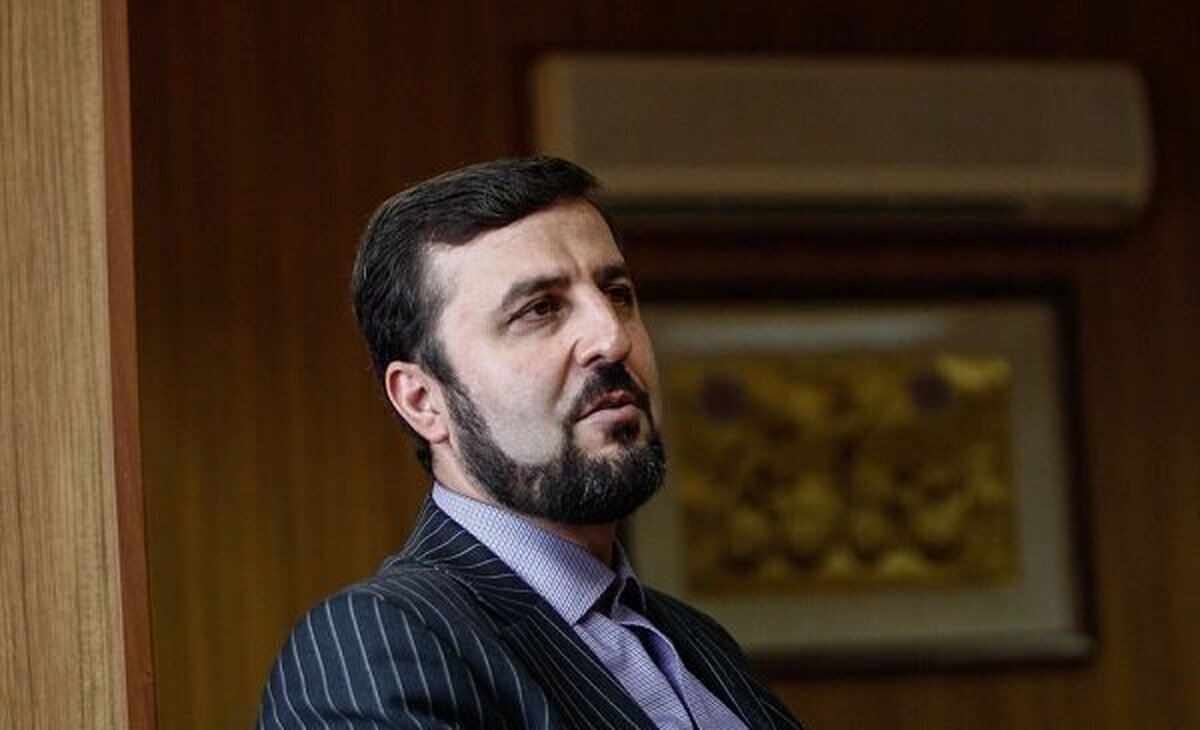Iran condemns ICJ VP’s ‘shocking breach of ethics’ in backing Israel

TEHRAN – Iran’s Deputy Foreign Minister for Legal and International Affairs, Kazem Gharibabadi, has denounced the Vice-President of the International Court of Justice (ICJ), Julia Sebutinde, for a “shocking breach of judicial ethics.”
In a post on X on Saturday, Gharibabadi stated that Sebutinde’s open alignment with Israel—a regime facing multiple cases before the ICJ—constitutes “blatant bias” that “undermines the ICJ’s credibility and violates the fundamental principle of judicial impartiality.”
The rebuke follows Sebutinde’s remarks at a church event in Uganda on August 10, where she declared, “The Lord is counting on me to stand on the side of Israel,” adding that “the whole world was against Israel, including my country.”
She further claimed “divine signs of end times” were manifesting in West Asia, framing her judicial dissent as a dogmatic declaration.
Sebutinde, the sole African judge on the ICJ bench, has repeatedly isolated herself through controversial opinions favoring the Israeli regime.
In 2023, she opposed all six provisional measures ordering Israel to prevent genocidal acts in Gaza, despite the court’s 16-1 ruling that Israel’s actions were “plausibly” genocidal.
In July 2024, she again stood alone in a 15-1 ruling that declared the Israeli regime’s decades-long occupation of Palestinian territories illegal.
Her positions have drawn accusations of ideological bias, compounded by her admission that she campaigned for the ICJ vice-presidency while issuing these rulings, and by speculations that Mossad may have blackmailed her.
Uganda swiftly distanced itself from her stance. Adonia Ayebare, Uganda’s Permanent Representative to the UN, clarified on X: “Justice Sebutinde’s ruling at the ICJ does not represent the Government of Uganda’s position on Palestine.”
The Ugandan Foreign Ministry emphasized its consistent UN votes supporting Palestinian rights, labeling Sebutinde’s views “independent” and misconstrued.
Sebutinde’s comments coincide with the Israeli regime’s systematic war crimes and crimes against humanity in Gaza.
Since October 2023, Israeli forces have killed over 61,000 Palestinians—predominantly women and children—and displaced 1.9 million people (90% of Gaza’s population).
A recent Human Rights Watch report documented Israel’s “massive, deliberate forced displacement” and “widespread destruction” of civilian infrastructure, including schools, hospitals, and cultural sites.
The UN Human Rights Council corroborated these findings, noting Israel’s “intentional” demolition of 90% of Gaza’s schools and 53% of religious sites, acts constituting “extermination” as a crime against humanity.
Israel has also weaponized starvation, blocking sufficient aid and destroying agricultural land and bakeries. HRW emphasized this policy as “instrumentalizing necessities” to collectively punish Gazans.
While the International Criminal Court (ICC) moved to hold Israeli officials accountable—issuing arrest warrants in November 2024 for Prime Minister Benjamin Netanyahu and War Minister Yoav Gallant for war crimes and crimes against humanity —efforts to obstruct justice persist.
Israel and its allies have pressured the ICC through diplomatic threats and withheld cooperation. The court’s mandate, which covers crimes in Palestine since 2014, faces systematic challenges, including intimidation of officials.
Leave a Comment